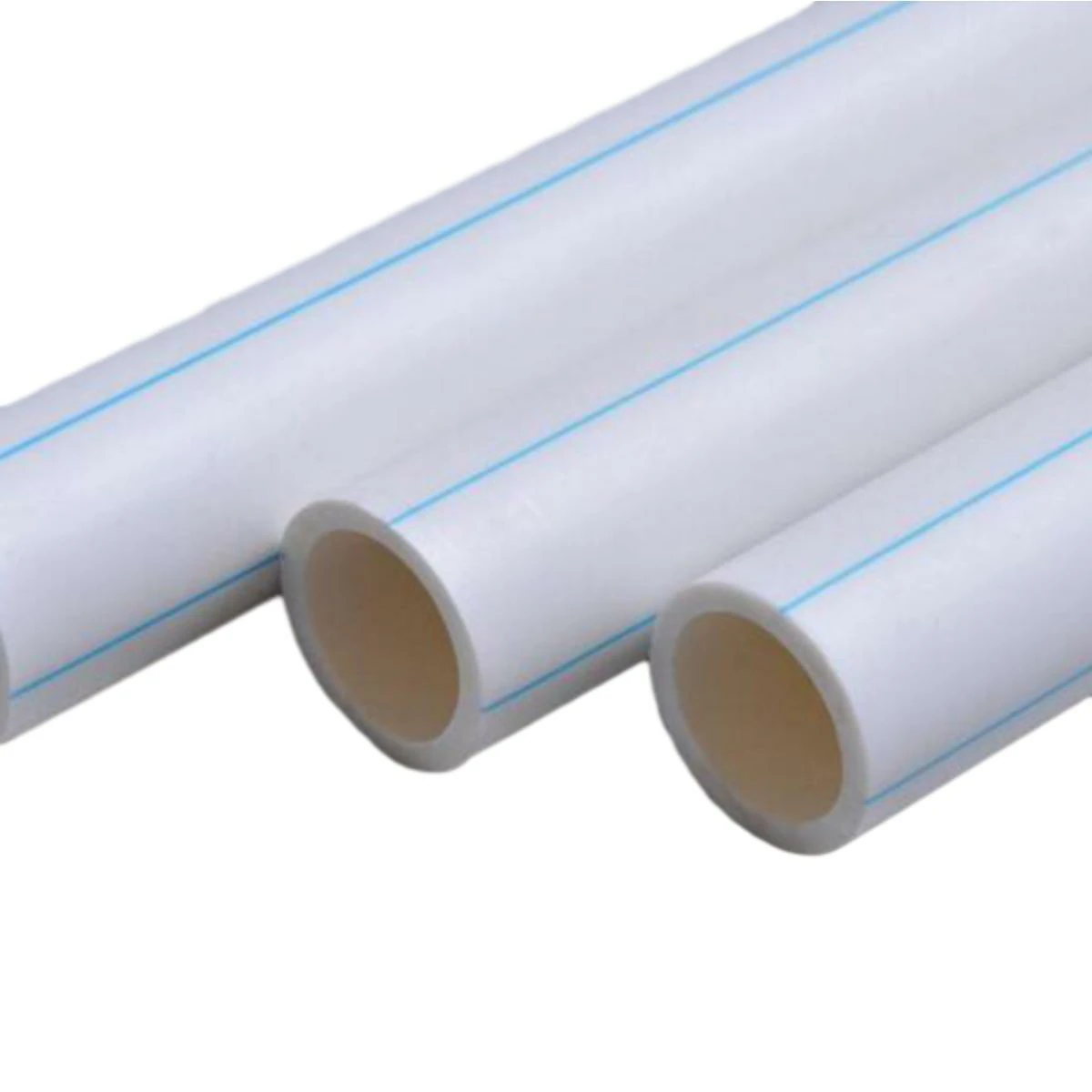Dec . 01, 2024 17:30 Back to list
ppr hot water pipe insulation product
The Importance of PPR Hot Water Pipe Insulation Enhancing Efficiency and Comfort
When it comes to plumbing systems, the choice of materials and their insulation is crucial for ensuring efficiency, safety, and comfort in residential and commercial buildings. Among various options available, Polypropylene Random Copolymer (PPR) pipes have emerged as a leading choice for hot water transportation, owing to their robust properties. However, the efficacy of PPR pipes greatly increases when combined with high-quality insulation. Here, we explore the significance of PPR hot water pipe insulation and how it can benefit homeowners, builders, and facility managers alike.
Understanding PPR Pipes
PPR pipes are widely used in modern plumbing systems due to their excellent thermal stability, chemical resistance, and durability. They can withstand high temperatures and pressures, making them ideal for hot water supply lines. PPR pipes are also lightweight and easy to install, which reduces labor costs significantly. However, to maximize the performance of these pipes and prevent heat loss, adequate insulation is necessary.
Benefits of Insulation
1. Energy Efficiency One of the primary reasons for insulating hot water pipes is to improve energy efficiency. Uninsulated or poorly insulated pipes can lead to substantial heat loss, driving up energy costs as heating systems work harder to maintain water temperature. Insulating PPR pipes can reduce heat loss by a significant percentage—often between 40 to 60%. This means lower energy bills for both homes and businesses, translating to greater financial savings.
2. Safety Insulated pipes contribute to increased safety in any plumbing system. Hot water pipes can reach dangerously high temperatures, posing a burn risk, especially in areas frequented by children or the elderly. Proper insulation minimizes the surface temperature of the pipes, making them safer to touch and reducing the risk of accidental burns.
3. Condensation Prevention Cold water pipes often face the challenge of condensation, particularly in humid environments. Insulating hot water pipes helps maintain the temperature differential, preventing moisture buildup and reducing the risk of mildew and mold growth. This is particularly important in areas like basements and laundry rooms where humidity levels can fluctuate.
4. Noise Reduction Pipe insulation can also serve as a sound barrier in plumbing systems. The flow of water through uninsulated pipes can create knocking and vibrating noises that can be disruptive—particularly in residential buildings. Insulating PPR pipes can help dampen these sounds, leading to a quieter and more pleasant living environment.
5. Extended Lifespan of Pipes Insulation can protect PPR pipes from temperature fluctuations and external environmental factors, contributing to an extended lifespan. By reducing thermal expansion and contraction, insulation minimizes wear and tear on the pipes, leading to fewer repairs and a longer duration before replacement is necessary.
ppr hot water pipe insulation product

Types of Insulation Materials
There are various materials available for insulating PPR hot water pipes
. Common options include- Foam Insulation Polyethylene foam is lightweight and offers good thermal resistance. It is easy to install and often comes in pre-slit tubes for convenient application.
- Rubber Insulation This type is effective in preventing condensation and offers excellent flexibility, making it suitable for various pipe shapes and sizes.
- Mineral Wool Known for its fire-resistant properties, mineral wool is a robust insulation option that can withstand high temperatures, making it ideal for hot water lines.
Installation Considerations
When it comes to installing insulation on PPR hot water pipes, it’s important to ensure that the insulation is fitted properly and completely covers the pipes. Gaps or poorly applied insulation can lead to inefficiencies and heat loss. Homeowners and contractors should also consider local building codes and regulations regarding pipe insulation, particularly in commercial applications.
Conclusion
In summary, the insulation of PPR hot water pipes is critical for maximizing efficiency, safety, and comfort in plumbing systems. As the demand for energy-efficient solutions grows, investing in quality insulation not only pays off in reduced energy costs but also enhances the overall performance and longevity of plumbing systems. Whether for residential or commercial uses, prioritizing pipe insulation is a decision that resonates with both immediate benefits and long-term advantages. By recognizing the significance of PPR hot water pipe insulation, we can foster more sustainable practices and improve the quality of our living and working environments.
-
High-Quality PVC Borehole Pipes Durable & Versatile Pipe Solutions
NewsJul.08,2025
-
High-Quality PVC Perforated Pipes for Efficient Drainage Leading Manufacturers & Factories
NewsJul.08,2025
-
High-Quality PVC Borehole Pipes Durable Pipe Solutions by Leading Manufacturer
NewsJul.08,2025
-
High-Quality PVC Borehole Pipes Reliable PVC Pipe Manufacturer Solutions
NewsJul.07,2025
-
High-Quality UPVC Drain Pipes Durable HDPE & Drain Pipe Solutions
NewsJul.07,2025
-
High-Quality Conduit Pipes & HDPE Conduit Fittings Manufacturer Reliable Factory Supply
NewsJul.06,2025

